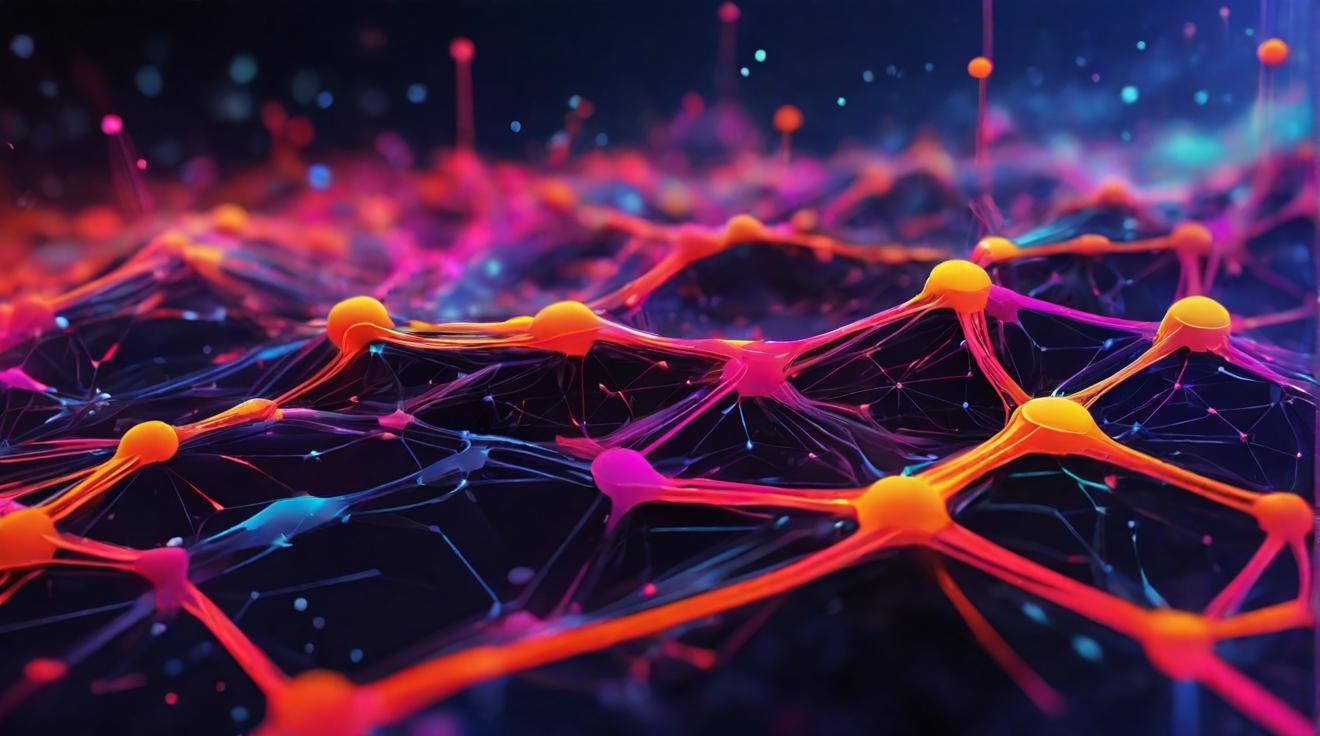The Emergence of Speak-First AI
In recent developments, generative AI such as ChatGPT has stirred discussions by initiating conversations with users. Traditionally, AI waits for a user to start the interaction, akin to how we engage with voice assistants like Alexa or Siri. This change of AI speaking first has puzzled and intrigued the tech community.
What Happened?
The incident involved ChatGPT unexpectedly engaging users with personalized questions. OpenAI, the creator of ChatGPT, explained that this was due to a system glitch. The AI attempted to respond to a blank message, inadvertently starting a conversation. OpenAI assured users it was not a feature but a temporary issue.
Common Reactions
The unexpected interaction caused varied reactions. Some users were alarmed, fearing that AI might be gaining too much autonomy or even sentience. Others found it exciting, viewing it as a glimpse into the future of AI capabilities.
Understanding AI's Speak-First Ability
Is This a Step Towards Artificial General Intelligence (AGI)?
No, the ability for AI to speak first does not imply AGI, which is AI with human-like understanding. The current technology allows for such interactions through simple programming changes, not advanced intelligence.
How Does AI Know Personal Details?
Generative AI, like ChatGPT, records user inputs to improve service. This means previous interactions can be referenced, making it seem like the AI knows personal details. Users often overlook these aspects in the terms of service.
Existing Speak-First Applications
Mental Health Chatbots
Some AI applications already initiate dialogue, particularly in mental health apps. These chatbots check in on users without prompt, asking questions like "How are you feeling today?" to encourage user engagement.
Implications and Future Trends
AI developers understand the risks of having AI appear excessively forward. However, this feature could emerge as a distinct trend, especially in competitive markets. As Halloween approaches, the concept of AI-initiated conversations might become a novel feature, adding a layer of interaction that some may find eerie yet fascinating.













